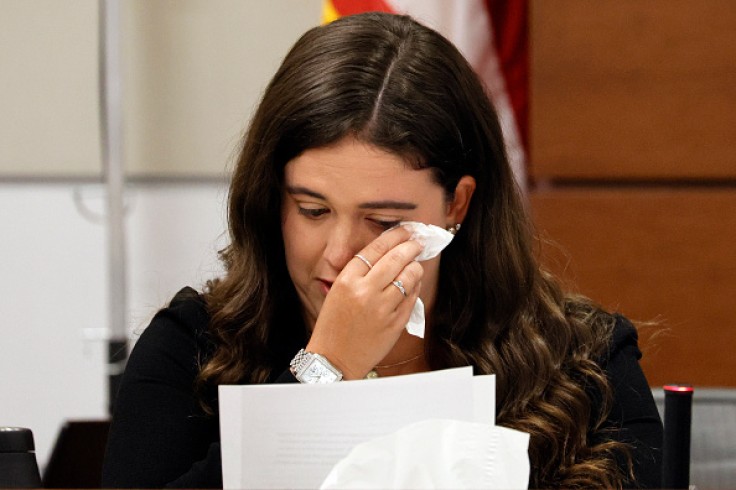
An 18-year-old Nebraska woman has admitted to burning and hiding a baby she had after having a drug abortion in the last few weeks of her second trimester. According to NBC News, this case is bringing up old debates about how to regulate abortions. At the time of the event, Celeste Burgess was 17 years old and had been pregnant for about 30 weeks before giving birth to a stillborn child. Although initially a minor, Burgess was charged as an adult.
On Monday, Burgess admitted to a felony charge of concealing or abandoning a dead body. In response, prosecutors decided to drop two misdemeanor charges against her. The concealed fetus was later discovered in a field north of Norfolk, in northeastern Nebraska.
Mother's Involvement in the Nebraska Woman's Abortion
Prosecutors are simultaneously advancing a criminal case against Burgess's mother, 42-year-old Jessica Burgess, alleging that she unlawfully assisted with the abortion. This event marks the first instance of an individual being charged for breaching Nebraska's 20-week abortion limit, enacted in 2010.
The younger Burgess's plea coincided with Nebraska Gov. Jim Pillen signing a 12-week abortion ban into law on Monday. The stringent regulation took immediate effect, marking a significant tightening of abortion restrictions in the state.
According to CNN, a portion of the prosecution's case against the mother and daughter centers on their Facebook communications, in which they discussed their intentions to get the drug that would cause an abortion and then burn the fetus.
Jessica Burgess has denied the allegations and will show up in court on July 7 for a preliminary hearing. Her counsel has not yet offered any opinions on the situation.
Sentencing and Repercussions
Celeste Burgess is due for sentencing on July 20 and faces up to two years in prison. The prosecution has agreed not to offer a sentencing recommendation.
According to NY Times, the communications that the mother and daughter sent and received are described in court filings. Celeste exhibited a strong desire to end her pregnancy in these communications, referring to the baby as a "thing" and looking forward to getting back to her pre-pregnant figure. Jessica Burgess's messages included details about acquiring the pills necessary for the abortion and instructions for their use.
This case follows another related guilty plea from last summer, when a man admitted to a misdemeanor charge for assisting the Burgess women in burying the fetus. A heated debate over the delicate balance between women's rights and the state's role in regulating abortions has erupted as this unusual and divisive case proceeds, putting Nebraska's tight abortion regulations under scrutiny.
The Nebraska case has sparked intense debates over the government's involvement in individual medical choices, the moral implications of fetal rights, and the wider consequences for women's healthcare. The result might either result in the anti-abortion legislation being strengthened even further or in a thorough reevaluation of the state's existing position on this crucial topic.
As Burgess' sentencing date approaches, the mounting tension and attention underscore the case's potential to influence future legislation and the broader discourse on reproductive rights. The stakes are high and extend beyond Burgess and her mother. Their story sheds light on the complicated and individual hardships that many families and women go through as a result of restrictive abortion regulations.
In fact, this case marks a crucial turning point in the larger campaign for reproductive rights, in addition to being a legal disagreement. Whatever the court's judgment, it will probably have a significant impact on the conversation around abortion, perhaps changing the story in Nebraska or perhaps even nationally.